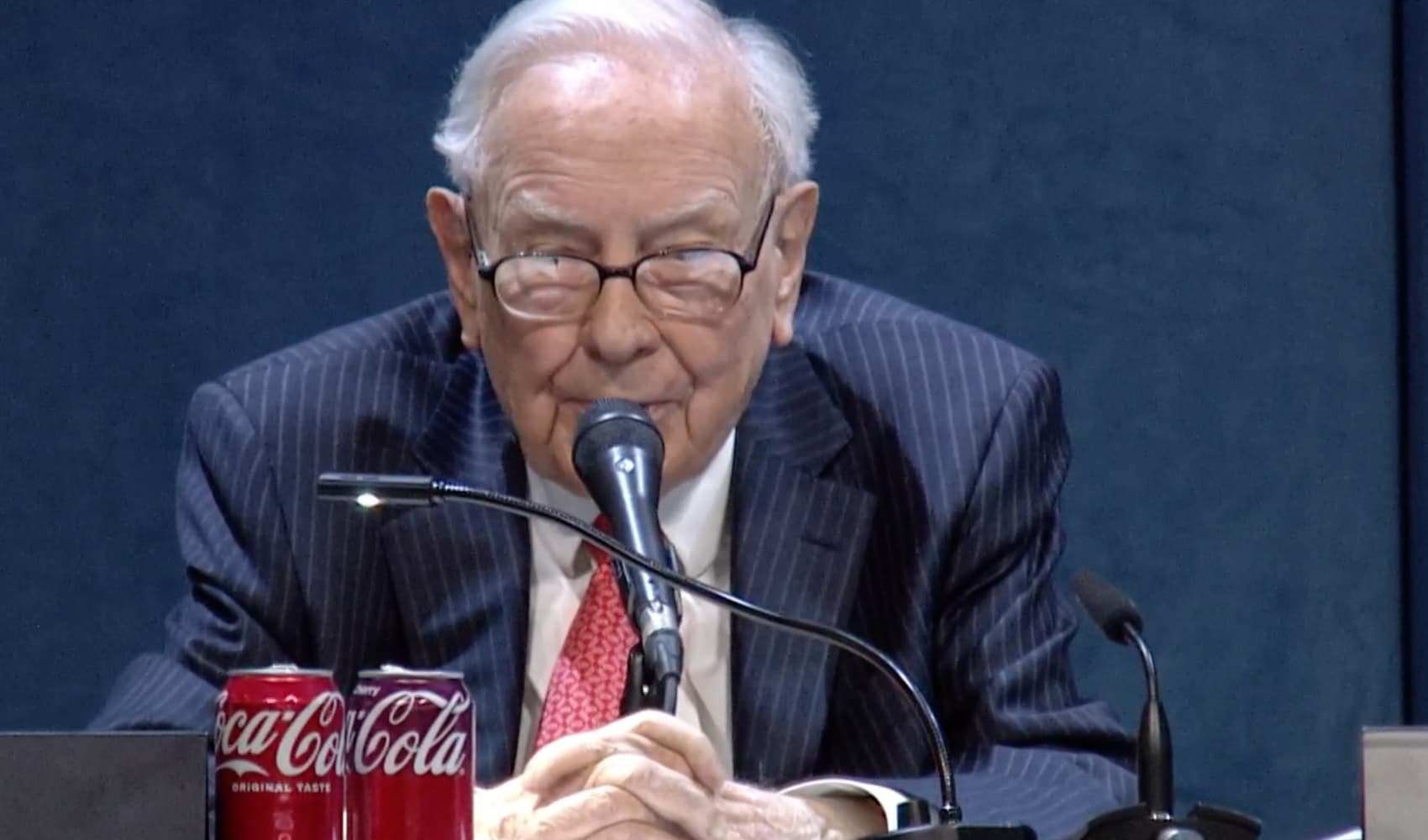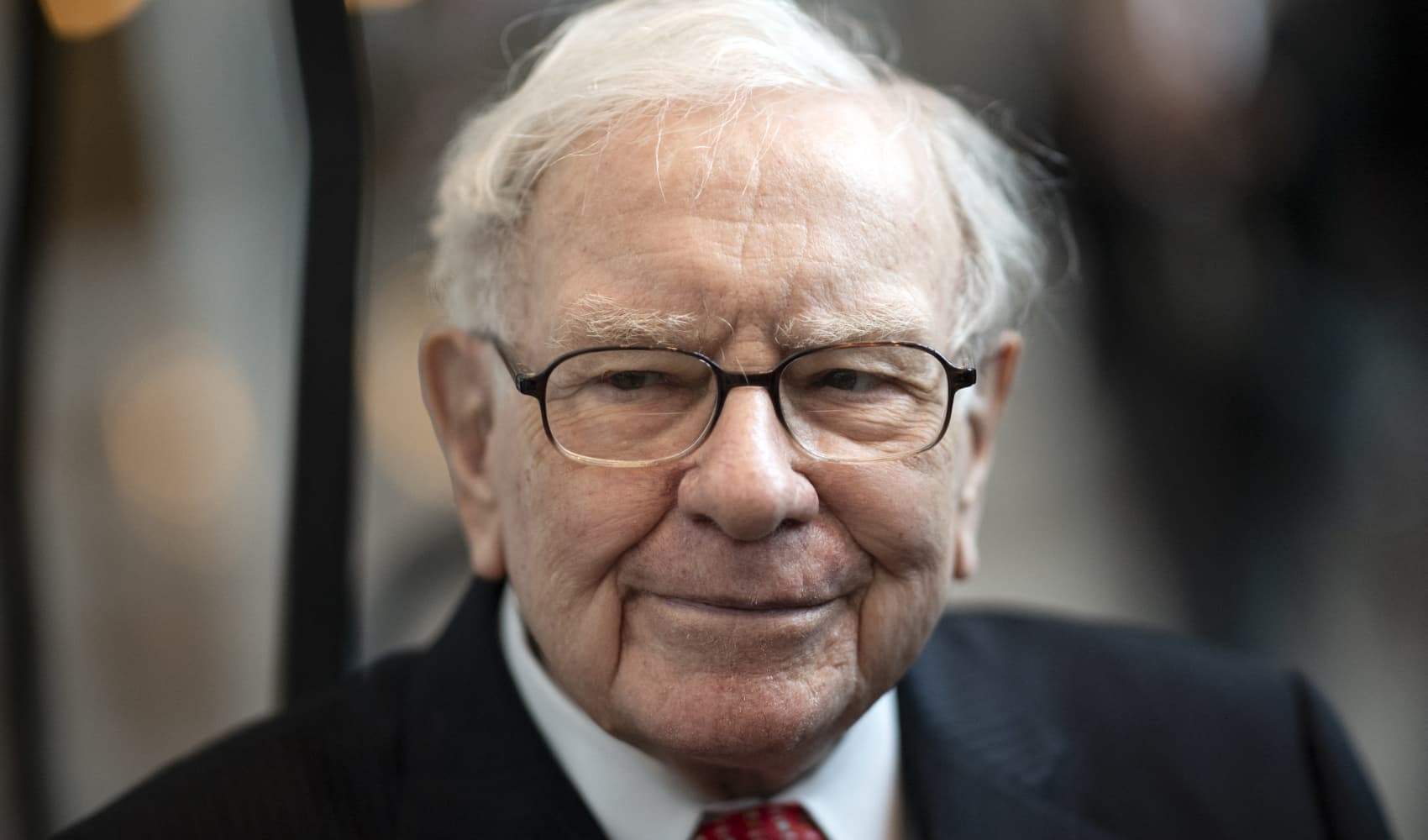Costco Co-Founder's Secret: Staying Focused at 89
Costco Co-Founder's Secret to Success: Staying Focused at 89
Introduction: The Enduring Legacy of Jim Sinegal
Jim Sinegal, the co-founder of Costco, a name synonymous with bulk bargains and unbeatable deals, might be "retired," but he's far from inactive. At 89 years young, he's still popping into the office every Tuesday. Why? It's a testament to the work ethic instilled in him by his mentor, Sol Price, and the unwavering focus he believes is crucial for success. But what exactly does this enduring commitment tell us about building a lasting legacy and staying sharp as we age? Let’s delve into the story behind Sinegal's dedication and extract some valuable lessons for ourselves.
Sinegal's Tuesday Ritual: A Nod to Dedication
Sinegal's weekly office visits aren’t just a social call; they’re a symbolic gesture. They represent a deep-seated commitment to the company he helped build and a tangible link to the principles that guided him throughout his career. He stepped down as CEO in 2012, but the passion for Costco, and retail in general, clearly hasn't faded. It's a powerful reminder that retirement doesn't have to mean complete disengagement.
Why Tuesdays? The Power of Routine
While not explicitly stated, choosing a specific day like Tuesday suggests the importance of routine. Humans are creatures of habit. Establishing a consistent schedule, even in retirement, can provide structure, purpose, and a sense of normalcy. It’s like having a well-oiled machine – even if you're not using it at full capacity, regular maintenance keeps it running smoothly.
The Influence of Sol Price: A Mentor's Impact
Sinegal attributes much of his success to Sol Price, the visionary behind FedMart and Price Club. Price wasn't just a boss; he was a mentor, a guide, and a source of invaluable wisdom. "I think to be successful, you've got to be pretty focused," Sinegal said, acknowledging Price's influence. Finding a mentor can significantly accelerate your personal and professional growth. Price instilled in Sinegal the importance of hard work, customer service, and a laser-like focus on the core values of the business.
Finding Your Sol Price: The Importance of Mentorship
How do you find a mentor like Sol Price? Look for someone who embodies the qualities you admire and aspire to emulate. Reach out, express your interest, and be prepared to learn. A good mentor will challenge you, provide constructive criticism, and offer guidance based on their own experiences. Don’t be afraid to ask questions and actively seek their advice.
The Focus Factor: The Key to Success
Sinegal's emphasis on focus is crucial. In today's world, with countless distractions vying for our attention, staying focused is more challenging than ever. But it’s also more important than ever. Think of it like this: a magnifying glass focuses sunlight to create intense heat. Similarly, focused effort amplifies your ability to achieve your goals.
Eliminating Distractions: Creating a Focused Environment
How do you cultivate focus? Start by identifying and eliminating distractions. Turn off notifications, close unnecessary tabs, and create a dedicated workspace. Practice mindfulness and learn to be present in the moment. Prioritize your tasks and focus on one thing at a time. Multitasking may seem efficient, but it often leads to decreased productivity and increased stress.
From Bagger to CEO: A Retail Odyssey
Sinegal's journey is a classic rags-to-riches story. He started as a bagger at Price's FedMart at the tender age of 18. He wasn't born into privilege; he worked his way up through the ranks, learning every aspect of the retail business from the ground up. This hands-on experience gave him a deep understanding of the industry and a profound appreciation for the value of hard work.
The Power of Starting from the Bottom
There's immense value in starting from the bottom. It allows you to gain a comprehensive understanding of the business and build strong relationships with your colleagues. It also instills humility and a strong work ethic. Don't be afraid to take on entry-level positions. They can be stepping stones to greater opportunities.
Costco's Rise to Power: A Case Study in Focused Growth
Sinegal, alongside Jeff Brotman, launched Costco and served as President and CEO for nearly 30 years. His leadership transformed a small warehouse club into a global retail giant. Costco's success is a testament to its unwavering commitment to its core values: providing quality products at unbeatable prices, treating employees fairly, and focusing on customer satisfaction.
Value-Driven Leadership: The Costco Model
Costco's success is built on a foundation of strong values. Sinegal prioritized employee well-being, offering competitive wages and benefits. He also focused on providing exceptional value to customers, earning their loyalty and trust. This value-driven approach is a key ingredient in Costco's enduring success. Leaders should emulate this model, building businesses that are both profitable and ethical.
Staying Involved: The Benefits of Continued Engagement
Sinegal's continued involvement in Costco, even in retirement, highlights the benefits of staying engaged. It keeps him mentally stimulated, socially connected, and provides a sense of purpose. Retirement doesn't have to be a period of decline; it can be a time of continued growth and contribution.
The Importance of Purpose in Later Life
Maintaining a sense of purpose is crucial for overall well-being, especially in later life. This could involve volunteering, pursuing hobbies, or staying involved in your chosen profession. Finding meaningful activities that bring you joy and fulfillment can help you stay active, engaged, and mentally sharp.
The Legacy of a Retail Icon
Jim Sinegal's story is more than just a business success story; it's an inspiration. He embodies the values of hard work, dedication, and a relentless focus on excellence. His legacy extends beyond Costco's bottom line; it's about the impact he's had on the lives of his employees, customers, and the retail industry as a whole.
The Enduring Power of a Strong Work Ethic
Sinegal's unwavering work ethic is a testament to the power of dedication and perseverance. It's a reminder that success is not achieved overnight; it requires consistent effort, unwavering focus, and a willingness to learn and grow. Cultivate a strong work ethic, and you'll be well on your way to achieving your goals.
What Can We Learn From Sinegal's Example?
Sinegal's story provides valuable lessons for anyone seeking success, regardless of their field. He shows us the importance of mentorship, the power of focus, and the benefits of staying engaged throughout life. So, what can we take away from his example?
Actionable Steps for Success: Applying Sinegal's Principles
- Find a Mentor: Seek guidance from someone you admire and respect.
- Cultivate Focus: Eliminate distractions and prioritize your tasks.
- Embrace Hard Work: Dedication and perseverance are essential for success.
- Stay Engaged: Find meaningful activities that keep you mentally stimulated and socially connected.
- Lead with Values: Prioritize ethics and customer satisfaction.
Conclusion: Staying Sharp and Focused for a Lifetime
Jim Sinegal's story is a powerful reminder that success isn't just about financial gain; it's about building a lasting legacy, staying engaged throughout life, and making a positive impact on the world. At 89, his continued involvement in Costco exemplifies the importance of purpose, dedication, and unwavering focus. His commitment serves as an inspiration, demonstrating that age is no barrier to continued contribution and success.
Frequently Asked Questions (FAQs)
Here are some frequently asked questions about Jim Sinegal and his approach to success:
- Why does Jim Sinegal still go to the office at 89?
He continues to visit the office as a nod to his strong work ethic and the influence of his mentor, Sol Price. It helps him stay connected and mentally stimulated.
- What is Sinegal's key to success?
Sinegal attributes his success to maintaining a strong focus, hard work, dedication, and having a valuable mentor who provided guidance and support throughout his career.
- How can someone find a mentor like Sol Price?
Seek out individuals who embody the qualities you admire and aspire to possess. Reach out, express your interest in learning from them, and be prepared to actively listen and implement their advice.
- What is the main lesson we can learn from Jim Sinegal's story?
The main lesson is that maintaining focus, staying engaged, and having a strong work ethic are crucial for success at any age. Building a lasting legacy involves more than just financial gain; it's about making a positive impact.
- How did Sinegal's early career experiences shape his leadership at Costco?
Starting as a bagger at FedMart gave Sinegal a deep understanding of the retail business from the ground up. This hands-on experience instilled in him a profound appreciation for hard work and customer service, which he then prioritized as CEO of Costco.




